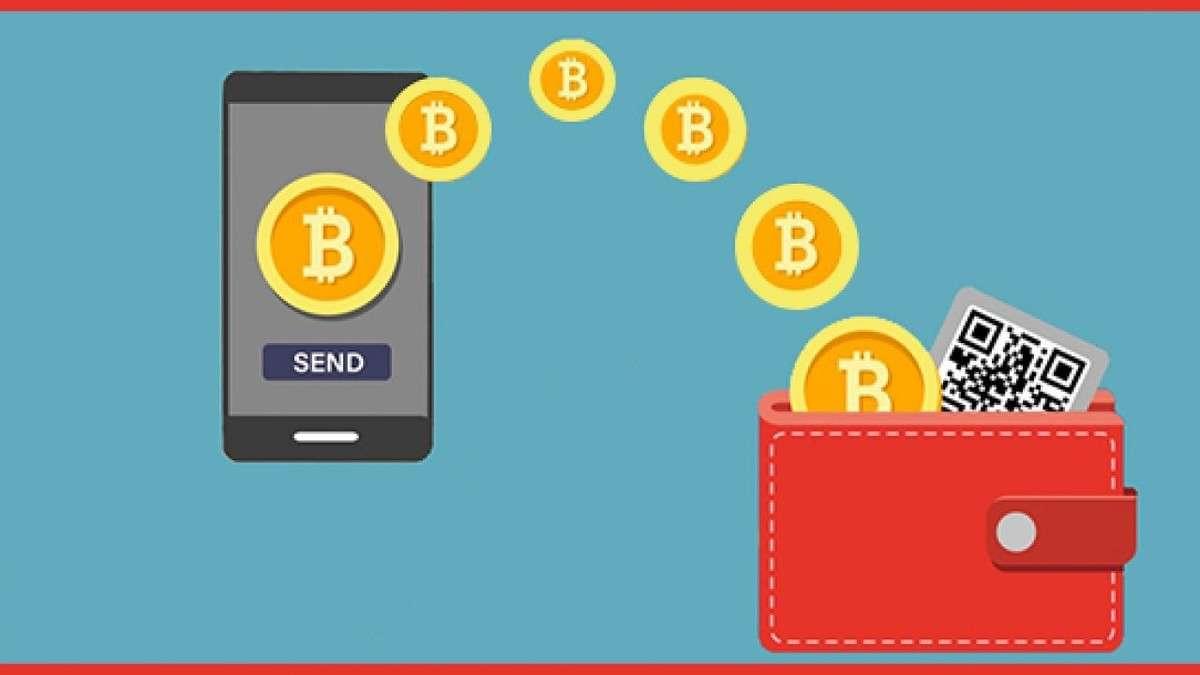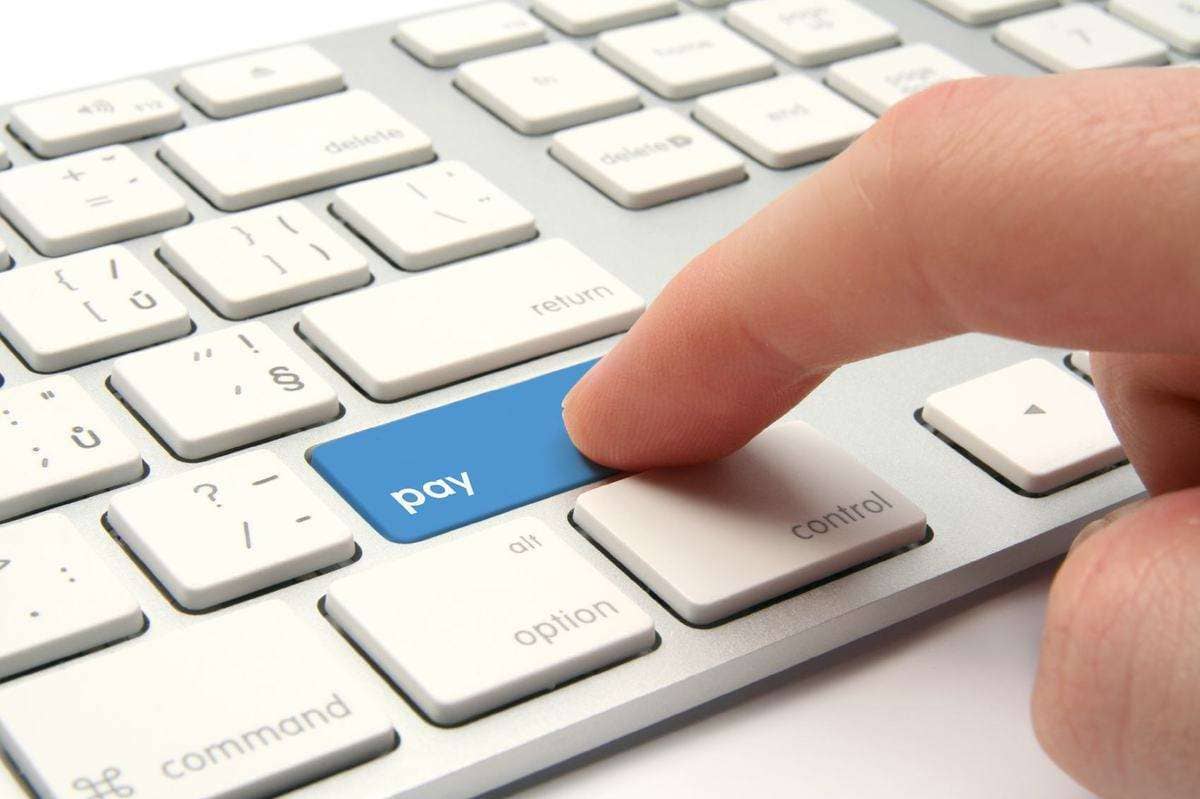Blockchain Use Cases in 2021: Real World Industry Applications
Content
All transactions are instantly recorded on a private blockchain and payment is automatically transferred out of the individual’s blockchain-enabled account. The adoption of blockchain could help streamline the public assistance system, which is often bogged down by bureaucracy. The United Nations World Food Programme , for example, has been utilizing blockchain as a way to distribute humanitarian assistance to refugees in a secure, private way. As refugees are often unable to open bank accounts, WFP is able to send aid directly by using blockchain and biometric authentication technologies for transaction verification and registration.

There are plenty of opportunities for blockchain to affect a wide array of industries. Amid the dynamically changing state of blockchains and distributed ledgers, consensus mechanisms ensure that only the true state of the systems is maintained. Distributed ledger technology is a decentralized ledger network that uses the resources of many nodes to ensure data security and transparency. Blockchain technology may help to decentralize cloud computing, making cloud technology’s use of computing resources and data storage more efficient. As more industries embrace blockchain in a holistic way, the research, analysis, consulting, and forecasting industries could also be shaken up by the technology.
Cloud Storage
Individuals and businesses can loan to and borrow from each other without having to deal with the rigid requirements of banks. The startups that run these platforms conduct risk assessments, approve applications, and hold lenders’ money, as well as collections from borrowers, in escrow funds. While such activities facilitate lending, they also turn fintech firms into the middleman. Ironically, some of the most successful blockchain companies are fairly centralized middlemen. However, many new projects are “dogfooding” the buying and selling of blockchain-based currency by putting the whole exchange on a blockchain. JPMorgan Chase has entered the blockchain space with the JPM Coin, which is designed to facilitate real-time cross-border payments between its business clients.
We store a lot of data and information, thus making it susceptible to a security breach. There often hasn’t been great clarity around intellectual property blockchain technology trends and asset value. Now IPwe is harnessing the power of Watson AI to churn big data, enabling patent owners to diversify and tokenize their assets.
Products
Enjin Coin, an Ethereum-based cryptocurrency, backs over 1B digital assets in games stored on a blockchain that can be traded and sold between users. With a decentralized blockchain base, gaming platforms can facilitate more secure and transparent money exchanges. The use of blockchain technology could allow hospitals, payers, and other parties in the healthcare value chain to share access to their networks without compromising data security and integrity.

• Discusses applications of blockchain technology in diverse sectors such as industry 4.0, education, finance, and supply chain. The new research study includes pricing analysis, patent analysis, conference and webinar materials, key stakeholders, and market buying behaviour. Demand for blockchain technology in retail, banking and supply chain is expected to fuel market growth. Moreover, limited availability of technical skillset to implement blockchain technology may hinder the blockchain market growth.
Blockchain Use Cases in Banking & Finance
TrustToken lets users create asset-backed tokens that can easily be bought and sold. The company’s blockchain infrastructure allows an asset to issue its own coin. For example, TrustToken permits everything from rental properties to commodities to release their own coin, resulting in fractional control and ownership over the asset. Doc.ai combines blockchain and machine learning for predictive analytics and personal health insights. The doc.ai platform combines all of a patient’s medical data from every single medical source — pharmacies, doctors visits, emergency room stays — under one secure app. The app lets patients manage all their medical data, get predictive insights about their risk for illness or disease and even compensates them for sharing their data for medical research.
As the banking industry continues to adapt to cryptocurrencies and blockchain technology, accountants are beginning to follow suit. Now, with the arrival of the metaverse, blockchain technology will become more significant, as cryptocurrencies and non-fungible tokens will enable purchases and value storage in virtual reality. We can predict that more and more blockchain solutions would emerge in the market, especially new blockchain startups.
ConsenSys Software Inc
Therefore, blockchain could be a game-changer when it comes to cybersecurity, offering a way to safeguard important data across many channels. For example, it could eliminate the need for human brokers and traders, facilitating stock purchases and sales, which would mean more efficient trading in general. In addition, because transactions require no intermediary, payments can be processed more quickly and without unnecessary fees, whether the transaction is taking place with a business or between peers.
- The presence of significant players in this region including IBM, AWS, LeewayHertz, and others is one of the primary drivers boosting the growth of the blockchain market in North America.
- As with other industries, distributed ledgers could minimize the need for intermediaries.
- Polygon Labs and Google Cloud will team up in a multi-year agreement to drive the development and adoption of the Ethereum scaling protocol’s infrastructure and developer tools.
- The extremely secure nature of blockchain makes it rather useful for accounting and auditing because it significantly decreases the possibility of human error and ensures the integrity of the records.
- New platforms are emerging to level the playing field for writers and encourage collaboration among authors, editors, translators, and publishers.
- For example, in April 2018, Banco Santander launched the world’s first blockchain-based money transfer service.
- Through a network of healthcare practitioners around the world, data can be made available no matter where the patient is.
You can learn more about the standards we follow in producing accurate, unbiased content in oureditorial policy. Blockchain tech can enable companies to advertise directly to internet users, with consumers receiving fewer ads that are better targeted to their interests. Get access to the only platform that combines expert-led research with in-depth data on the tech industry. Even now, blockchain is creating a new “predictions market.” Augur, built on the Ethereum blockchain, allows users to forecast events and be rewarded for predicting them correctly.
Key Market Players:
Blockchains use various time-stamping schemes, such as proof-of-work, to serialize changes. The growth of a decentralized blockchain is accompanied by the risk of centralization because https://xcritical.com/ the computer resources required to process larger amounts of data become more expensive. Blocks hold batches of valid transactions that are hashed and encoded into a Merkle tree.
Health information exchanges
As specialized connected medical devices become more common and increasingly linked to a person’s health record, blockchain can connect those devices with that record. Devices will be able to store the data generated on a healthcare blockchain and append it to personal medical records. A key issue currently facing connected medical devices is the siloing of the data they generate — but blockchain could be the link that bridges those silos.